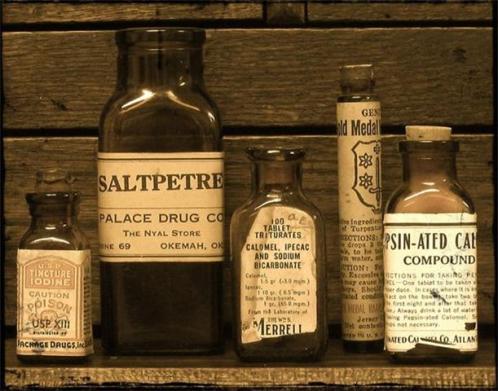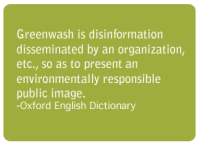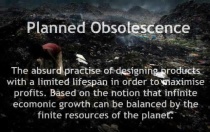It seems like every week another problem/danger surfaces.
We all know that pesticides are a problem in agriculture, but what about the home gardener.
There is one garden pest that most find nauseous…
Yes, those slimy creatures are hated by sight and hated because of the damage they do to leafy vegetables in the home garden.
Wake up to the danger of slug pesticides
Metaldehyde in slug poison and fertilisers is showing up in drinking water, while natural garden predators are dying out

A garden slug hiding under a leaf. Pesticides used to kill slugs contain toxic chemical metaldehyde, which is finding its way into drinking water. Photograph: Getty
Last month, it was revealed that levels of a toxic pesticide more than 100 times the EU limit were present in a source of English drinking water. The discovery of record levels of metaldehyde – a chemical used in slug pesticides – was reported by Natural England and the Environment Agency at the River Stour, which supplies water to homes in Essex and Suffolk. There’s currently no treatment method available to extract this chemical from drinking water – once it’s there, we’re drinking it.
This isn’t a sudden unexpected situation. The same problem occurred in many areas across Britain last autumn – when slug numbers exploded after the wet spring and summer, conditions that we’re seeing emerge again. The problem was identified in autumn 2007, when new analytical techniques allowed testing for metaldehyde, and since then a voluntary stewardship programme with guidelines for the use of the chemical has been instituted. Yet this clearly isn’t working.
The obvious source – and use – of slug pellets is gardens, but what many may not know is that huge quantities of this chemical are being used to grow rape seed oil, winter beans, sugar beet and brassicas such as broccoli. That’s reflected in the fact that the NFU offers a briefing on the issue. But one disturbing thing about that briefing is its focus on the chemical’s use and alternative chemicals. The idea of integrated pest management does not even get a look in.
The main predators of slugs in the UK are hedgehogs, frogs and wild birds, while microscopic predatory nematodes and carabid beetles can also be important.
Given the increased slug population, we might expect populations of those animals and birds to have increased. In fact, the reverse has happened.
Opinion:
Metaldehyde in our drinking water, and currently there is no known technology for water treatment plants to get rid of it.
So it’s there, drinking metaldehyde is not going to be good for you, despite what they say.
It kills hedgehogs and other predators, it kills bees, and it causes agonising deaths in dogs.
Yet we liberally spread this toxin around our gardens to get rid of slugs.
But there is hope
Salt, coffee grounds, ammonia, beer and many other organic items can get rid of this pest.
For more information on alternative slug remedies check WikiHow.























Recent Comments